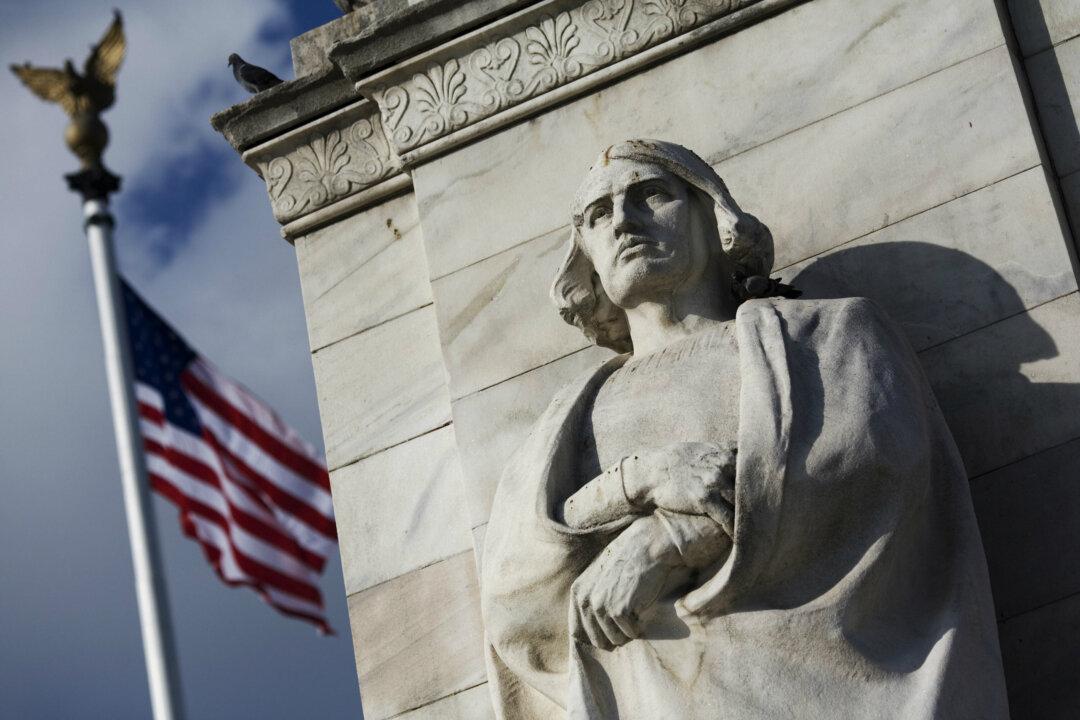Richard Taylor, a history professor at St. John’s University (SJU) in New York, has been punished for encouraging his students to think critically about the trade-offs in a historical process that fundamentally reshaped the world.
On Sept. 7, Taylor taught the Columbian Exchange to his “Emergence of a Global Society” class, according to the Foundation for Individual Rights in Education, a campus free speech advocacy group. Named after the legendary navigator Christopher Columbus, the term refers to the centuries-long exchange of commodities, human populations, and diseases across the Atlantic following Columbus’s voyage to the Americas.





